How to prevent blockages
Learn more about blockages, how to report and prevent them, and how our blockbusting team help prevent flooding
How do blockages happen?
At just 4 inches (10cm) wide, the average sewer is smaller than you think and so we all need to be careful what we put down the drain. The things people put down their toilets and sinks would blow your mind and when it mixes with fat and oil poured down the sink, it starts to cause a smelly blockage.
These blockages build up and can create one large 'fatberg' that can cause wastewater to back up and flood your home, business or local neighbourhood.
These blockages can also damage pipes causing bursts and can even cause blockages at our sites, causing flooding and increasing the risk of pollution in local streams and bathing waters.
Our blockbusting team in action
We have a dedicated blockbusting team who work around the clock to clear blockages and help people understand on what they should and shouldn't put down their loo. Since 2016 our team have:
- had 175,000 face-to-face conversations with customers
- surveyed 23,000 manholes
- found 1,050 blockages
- cleared 610 blockages themselves
- prevented 127 internal floods
- prevented 62 external floods
- delivered 523 presentations
- attended 124 public events.
Recently they discovered and removed a 50kg fatberg in Horsham.
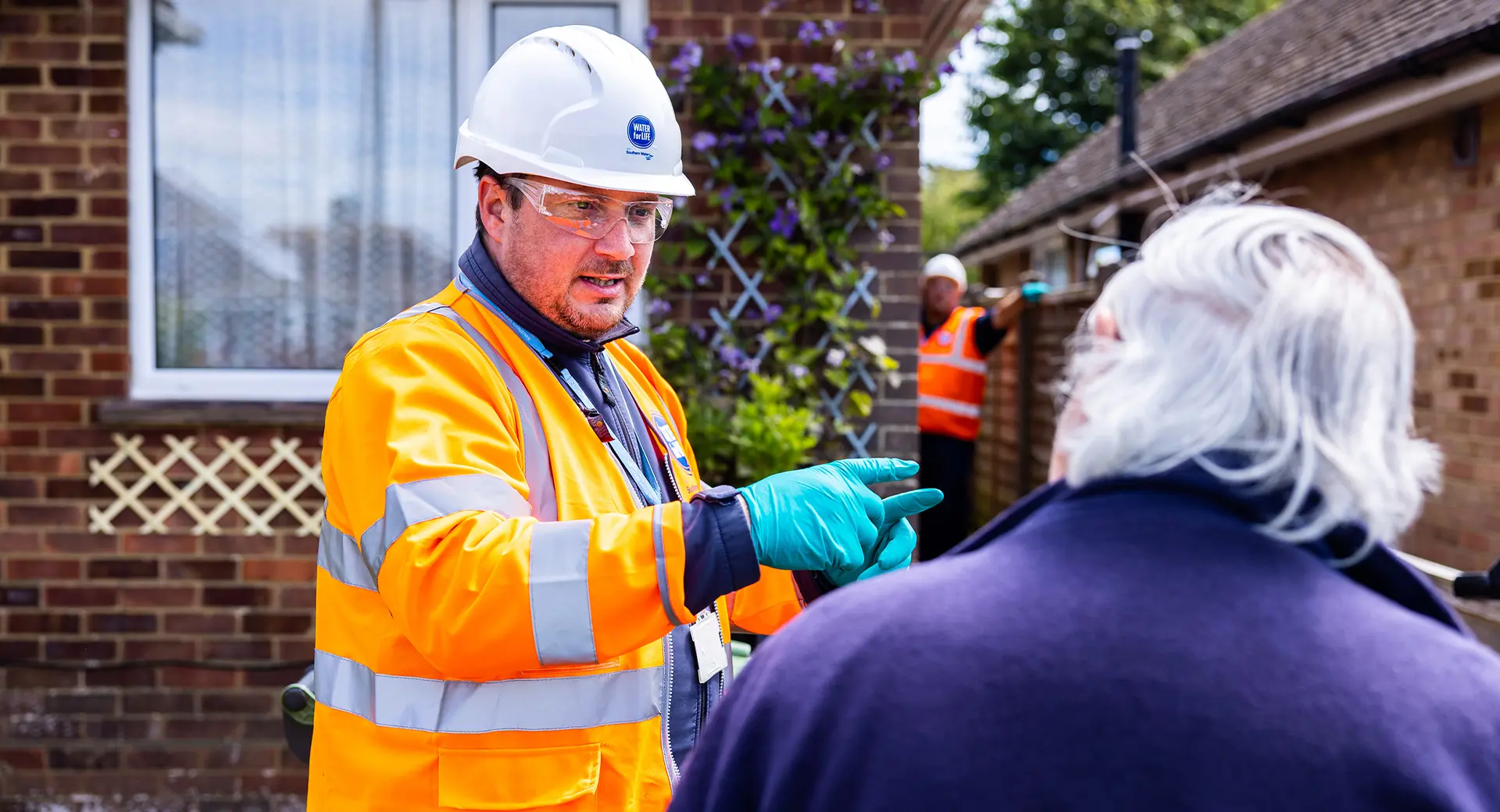
What to do if you have a blocked drain?
If you think you have a blockage, please tell us as quickly as possible and we'll do our best to find out if the problem is in one of your pipes or one of ours. If it turns out that the blockage is in one of your pipes, we recommend contacting a drain specialist who can help you clear it.
If it's something we can help with, our blockbusting team will be sent out to investigate or jet the sewer. We'll ask you to sign a consent form if this involves working on your private drain.
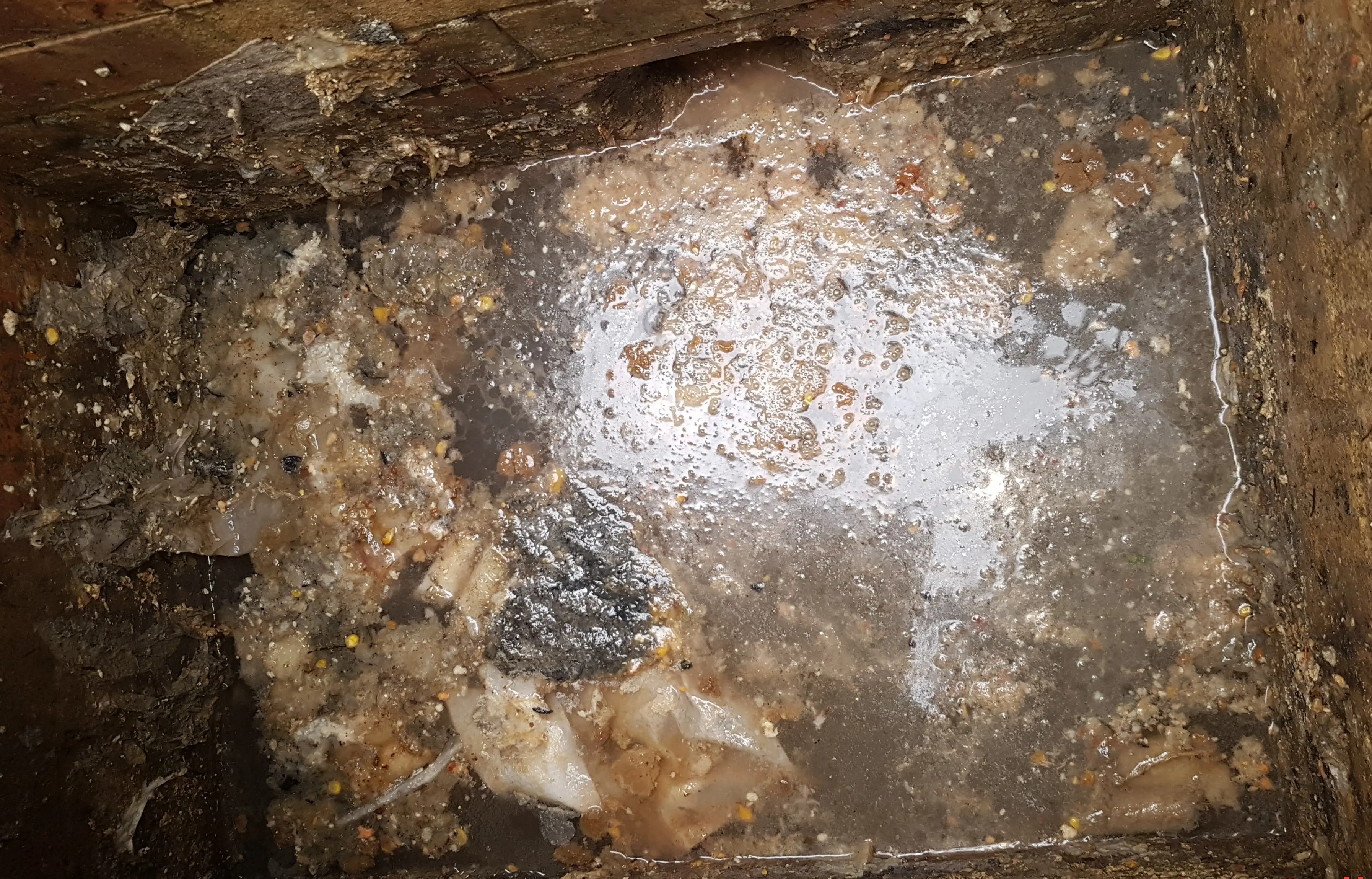
Did you know?
Every year, blockages cause huge problems throughout our network and we spend over £90 million clearing them. If we all become a blockbuster, we can easily avoid blocked drains.
Did you know?
Every year, blockages cause huge problems throughout our network and we spend over £90 million clearing them. If we all become a blockbuster, we can easily avoid blocked drains.
20,000 blockages
occur in our sewers from fats and oils. Over 60% are preventable
4.5 million
period products make their way into the sewer every day
3,000 homes
are flooded in the UK each year because of blockages
How to avoid a blocked drain
Only number ones, number twos and toilet tissue go down the loo. Follow these simple tips to prevent smelly blockages in your home.
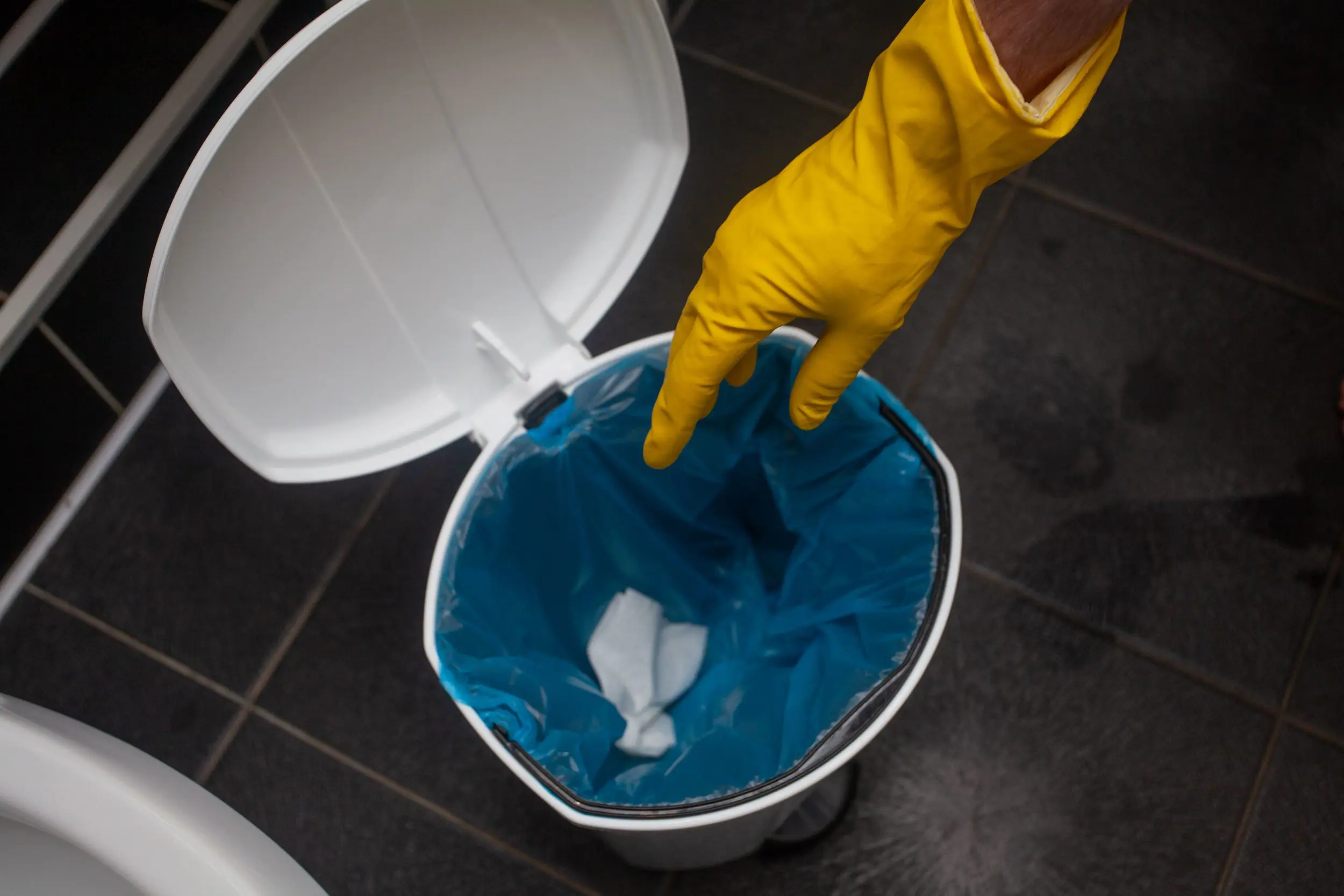
Bin for the win
45% of blockages are caused by period products and wet wipes, even flushable ones. Put a bin in your bathroom for anything that isn’t pee, poo or toilet paper.
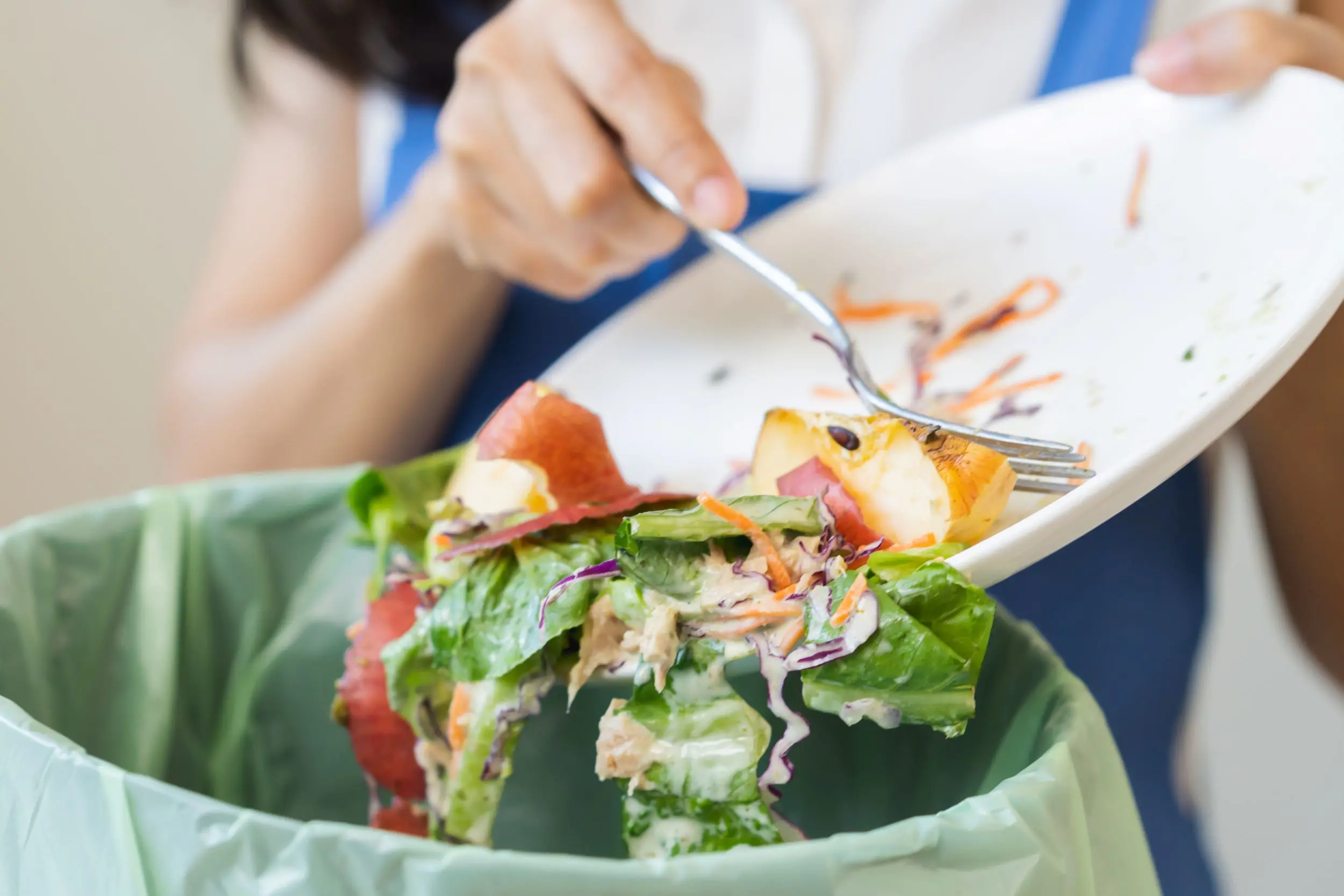
Clear your plates
Scrape any leftover food from plates, pans or cooking utensils into the bin, not the kitchen sink. Use kitchen roll to soak it up if the food isn’t solid, like yoghurt and gravy.
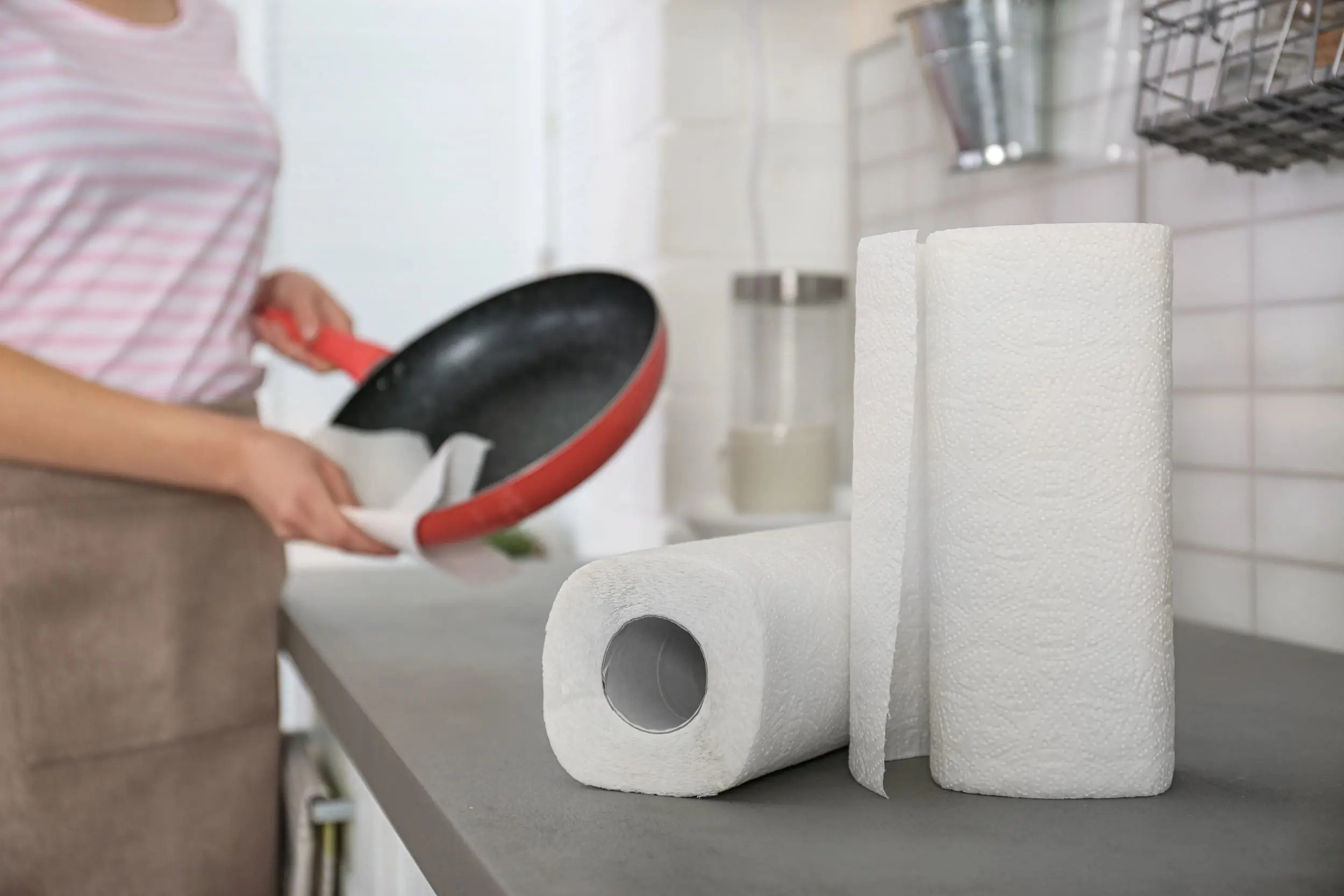
Wipe before washing
Wipe off any excess grease or oil with kitchen roll before washing your plates, pots and pans. Even with washing up liquid and boiling water, it turns solid in your pipes.
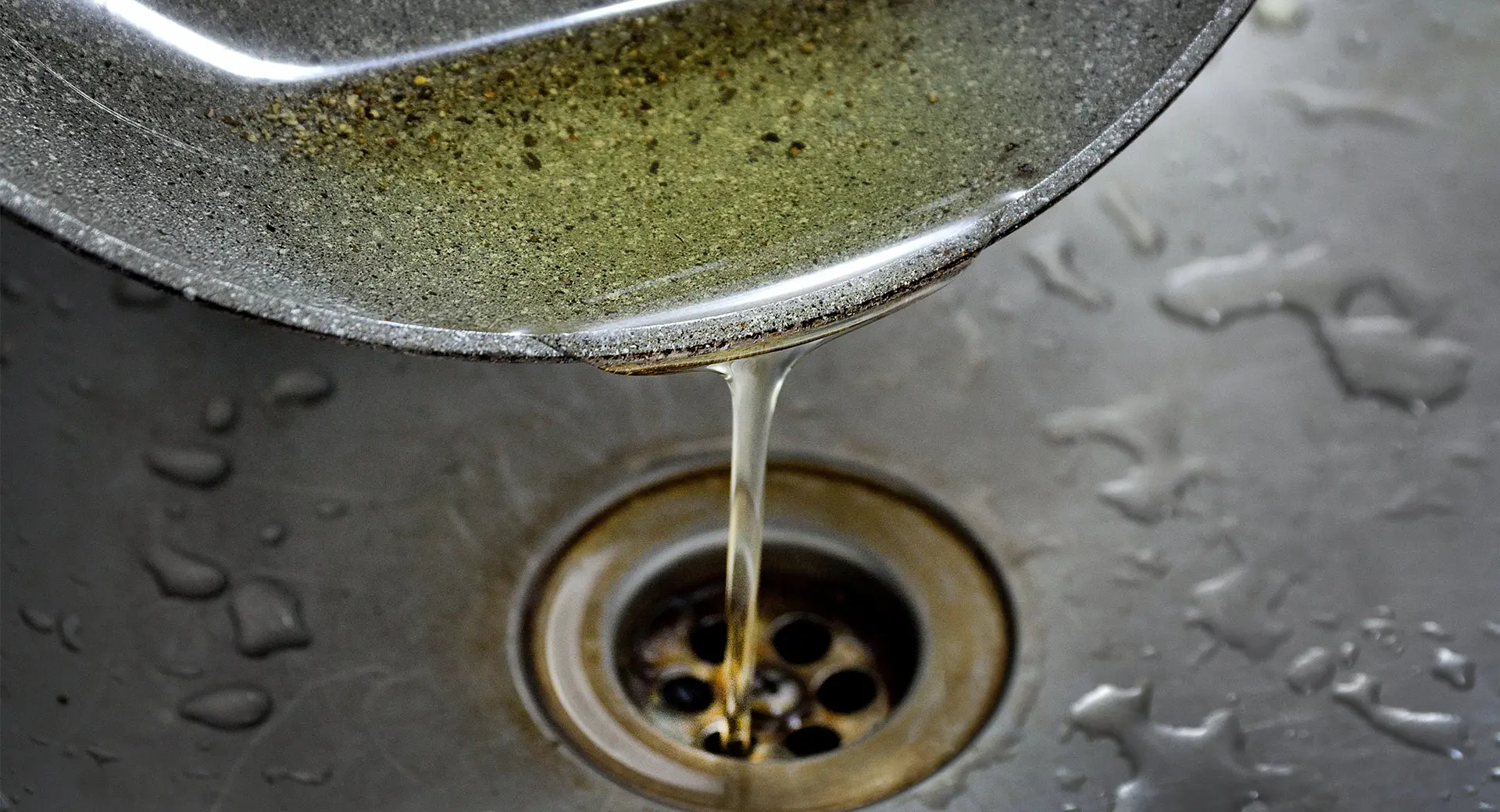
Use containers to collect fat and oil
Butter tubs or jam jars work well. When they're full, take them to a recycling centre or put them in the bin. Egg boxes are great at soaking up oil and once fully absorbed, they can also go in the bin.
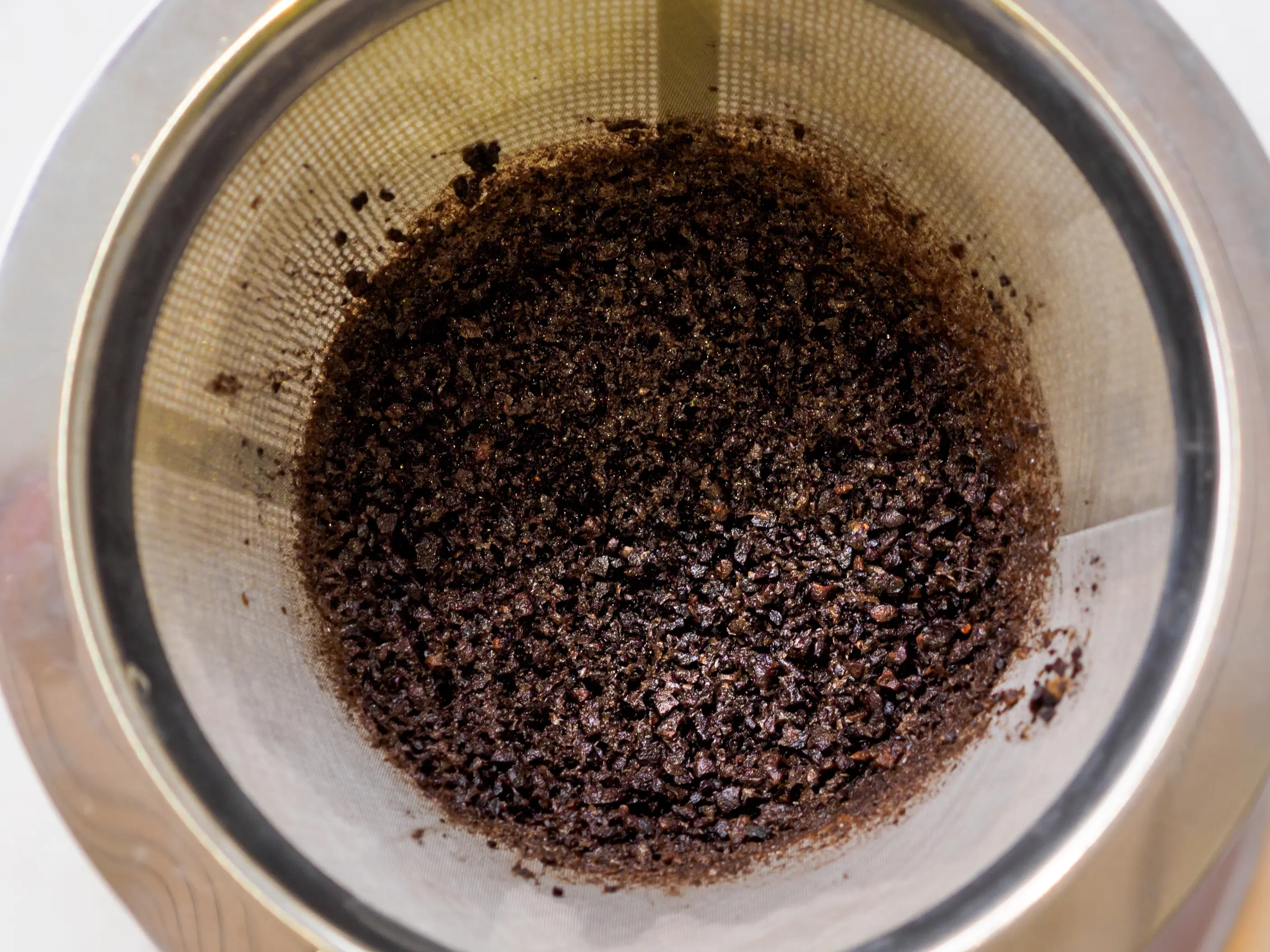
Compost food and coffee grounds
Collect uncooked fruit and vegetable peelings, eggshells and coffee grounds to use as compost in your garden. Coffee grounds causes blockages too.
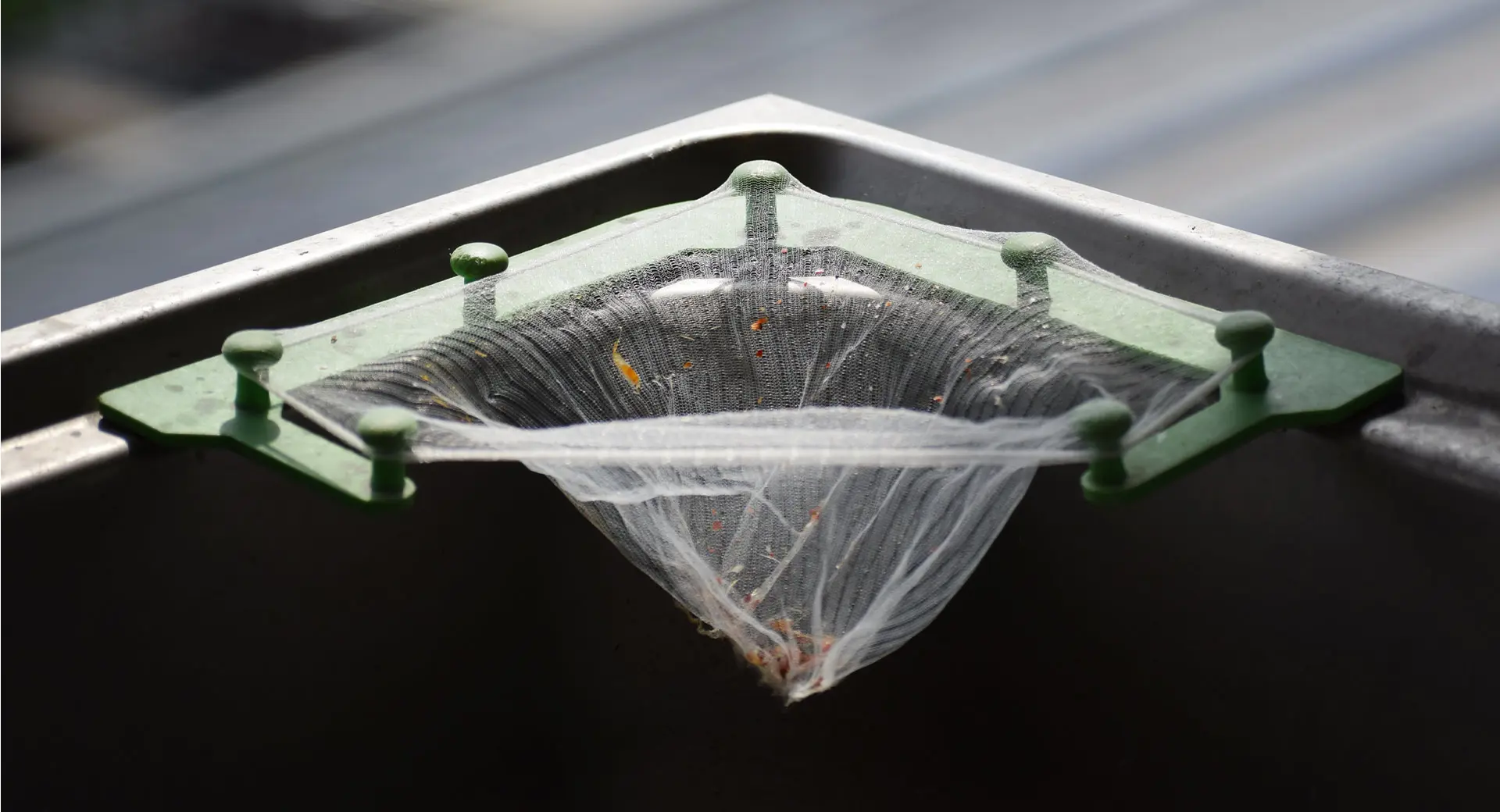
Strain it
Use a sink strainer or drain protector to stop hair from blocking your plug hole and bathroom drain. Then, pop it in the bin, not down the bathroom sink.
True or false
Washing up liquid and hot water breaks down fat and oil
False
When fat and oil mix with washing up liquid there is a chemical reaction between it, the washing up liquid, and calcium in the water. This causes the fat and oil to solidify into a soap-like substance when it cools. It binds together everything else in the sewer and overtime, causes blockages.
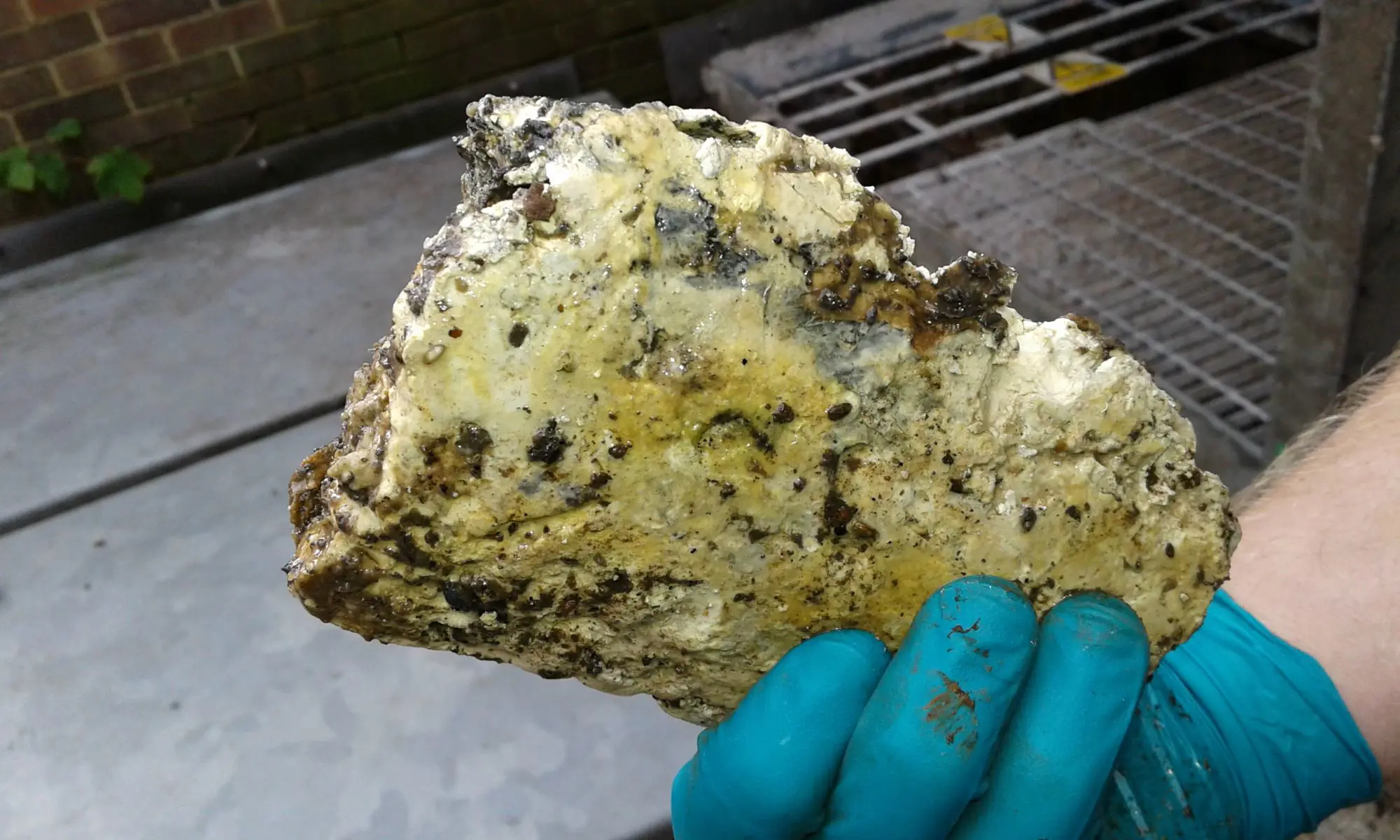
Coffee grounds should go down the sink
False
It's easy to forget to scrape coffee grounds into the bin, especially before your first coffee of the day. Unlike most foods, coffee grounds clump together in water rather than breaking down. This causes blockages in pipes and sewers, especially when fat, oil and grease cause them to stick onto other objects.

There's no such thing as flushable wet wipes
True
Even plastic-free flushable wipes shouldn’t go down the toilet, as essentially they are thick tissue, which doesn’t break up quickly enough. Reusable products are cheaper, better for the environment and help prevent blockages.
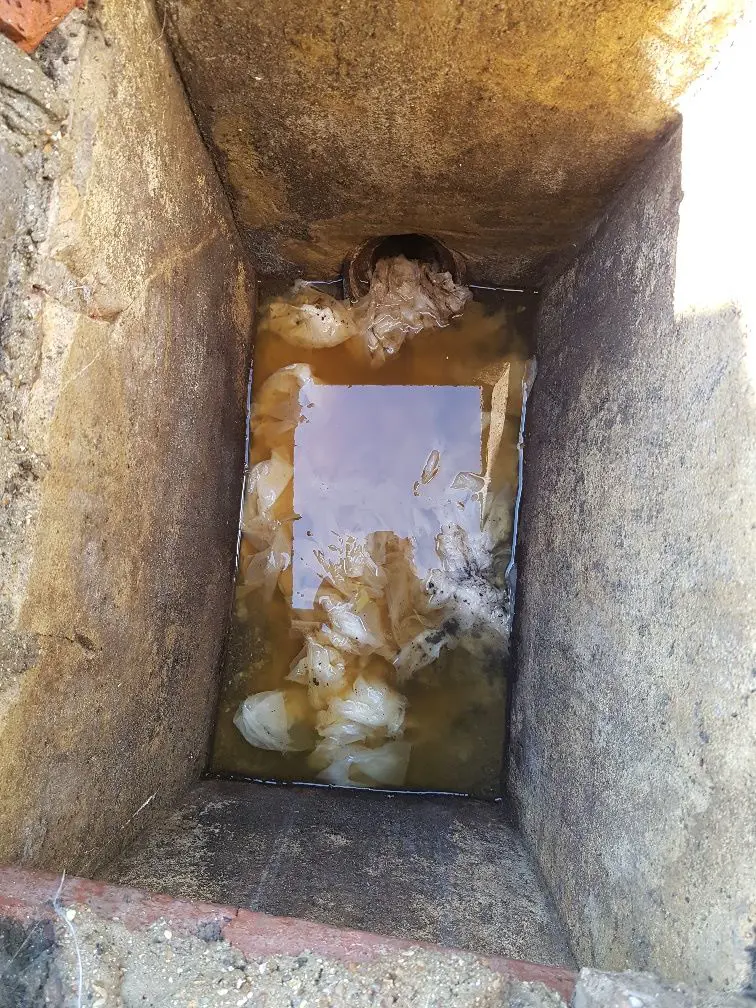
You may also be interested in...
Did you find the information you are looking for?







